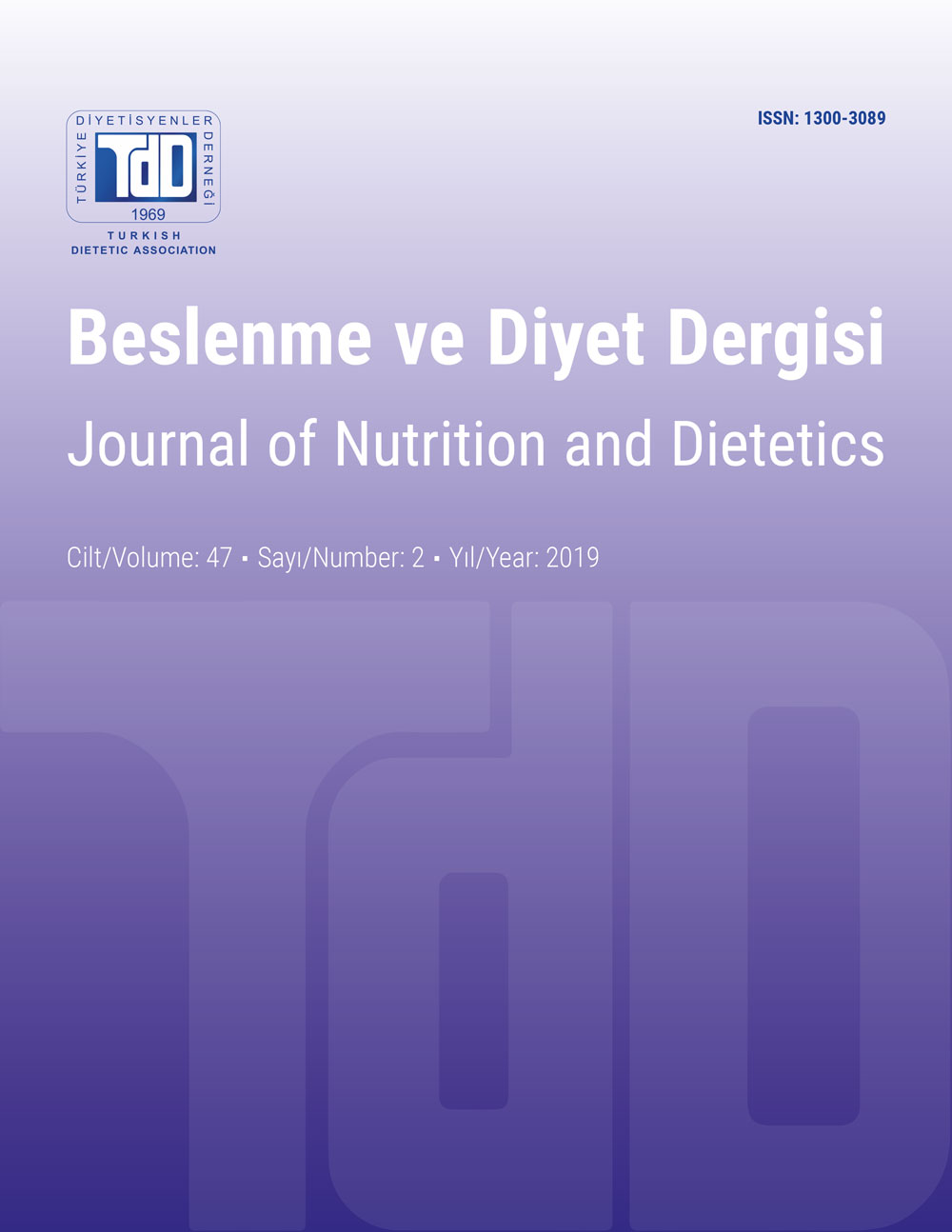The Effects of Citrus Flavonoids on Cardiovascular Health
DOI:
https://doi.org/10.33076/2019.BDD.511Keywords:
Citrus fruits, cardiovascular health, flavonoidsAbstract
Citrus fruits are grown in the tropical region in Southeast Asia. In our country, citrus fruits cultivated in Mediterranean and Aegean regions and approximately 60% of produced citrus fruits are consumed as fresh and 40% as fruit juice. In addition to being an important source of vitamin C, citrus fruits contain fibre, folate and vitamin B derivatives and potassium, calcium, phosphorus, magnesium and copper minerals. Citrus fruits are also an important source of flavonoids which is subgroup of polyphenolic compounds. The amount of flavonoid compounds in citrus fruits varies depending on genetic and environmental factors, such as species, concentration and distribution of the fruit. The potential therapeutic effects of citrus flavonoids on health are remarkable. Studies on cardiovascular diseases and the consumption of fruit and fruit juices containing citrus flavonoids have been found to be lipid lowering, insulin sensitivity enhancing, antihypertensive and antiinflammatory effects but the mechanisms of action have not been clearly determined. In this review article, the chemical properties of citrus flavonoids and their potential effects on cardiovascular health have been evaluated with current approaches.

